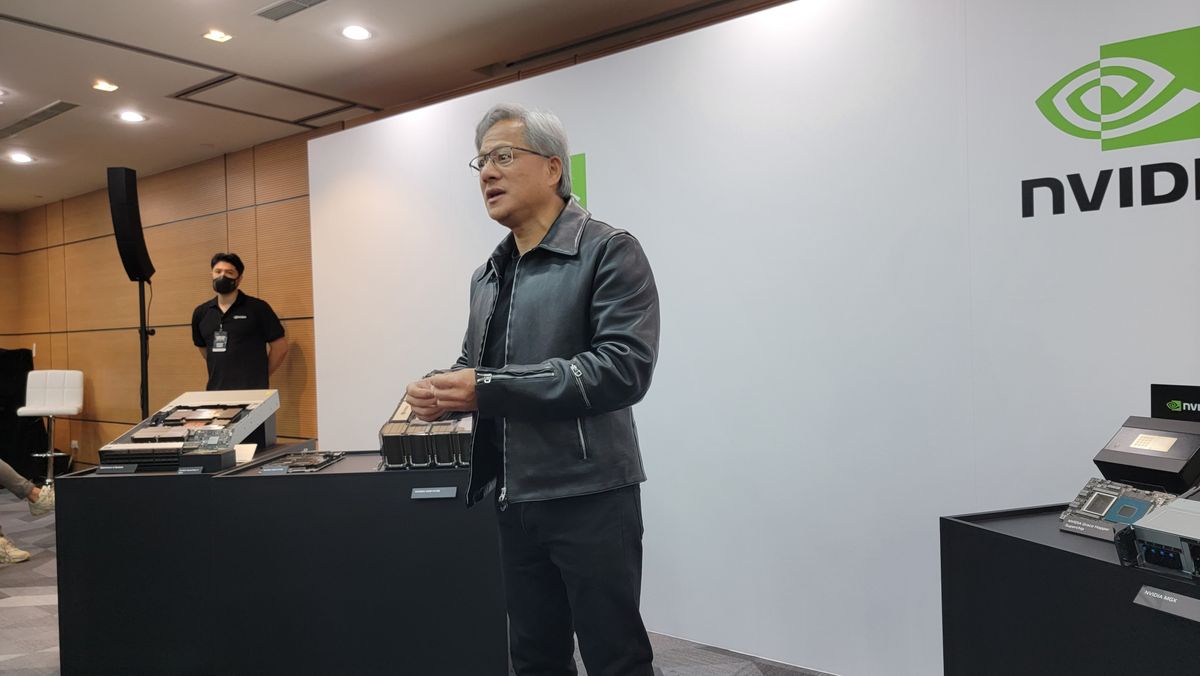Seems like Intel Foundry is hitting a few bumps on the road. Qualcomm and Tesla have backed away at least temporary:
“We didn’t get into this mud hole because everything was going great,” said Gelsinger, who took over as CEO in 2021. “We had some serious issues in terms of leadership, people, methodology, et cetera that we needed to attack.”
Pat Gelsinger is keenly aware he must act fast to stop Intel from becoming yet another storied American technology company left in the dust by nimbler competitors.
Over the past decade, graphics-chip maker Nvidia leapfrogged Intel to become America’s most valuable semiconductor company, rivals overtook Intel in making the most advanced chips, and perennial also-ran Advanced Micro Devices has been stealing market share. Intel, by contrast, has faced repeated delays introducing new chips and frustration from would-be customers.
As he sees it, Intel’s problems stem largely from how it botched a transition in how chips are made. Intel came to prominence by both designing circuits and making them in its own factories. Now, chip companies tend to specialize either in circuit design or manufacturing, and Intel hasn’t been able to pick up much business making chips designed by other people.

 www.wsj.com
www.wsj.com
“We didn’t get into this mud hole because everything was going great,” said Gelsinger, who took over as CEO in 2021. “We had some serious issues in terms of leadership, people, methodology, et cetera that we needed to attack.”
Pat Gelsinger is keenly aware he must act fast to stop Intel from becoming yet another storied American technology company left in the dust by nimbler competitors.
Over the past decade, graphics-chip maker Nvidia leapfrogged Intel to become America’s most valuable semiconductor company, rivals overtook Intel in making the most advanced chips, and perennial also-ran Advanced Micro Devices has been stealing market share. Intel, by contrast, has faced repeated delays introducing new chips and frustration from would-be customers.
As he sees it, Intel’s problems stem largely from how it botched a transition in how chips are made. Intel came to prominence by both designing circuits and making them in its own factories. Now, chip companies tend to specialize either in circuit design or manufacturing, and Intel hasn’t been able to pick up much business making chips designed by other people.

Once Mighty Intel Struggles to Escape ‘Mud Hole’
Rivals such as Nvidia have left the chip company far behind. CEO Pat Gelsinger aims to reverse firm’s fortunes by vastly expanding its factories.
Last edited by a moderator:


